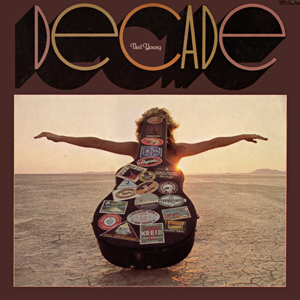
Decade is a compilation album by Canadian–American musician Neil Young, originally released in 1977 as a triple album and later issued on two compact discs. It contains 35 of Young's songs recorded between 1966 and 1976, among them five tracks that had been unreleased up to that point. It peaked at No. 43 on the Billboard Top Pop Albums chart, and was certified platinum by the RIAA in 1986.

The Rutles were a rock band that performed visual and aural pastiches and parodies of the Beatles. This originally fictional band, created by Eric Idle and Neil Innes for a sketch in Idle's mid-1970s BBC television comedy series Rutland Weekend Television, later toured and recorded, releasing two studio albums and garnering two UK chart hits. The band toured again from 2002 until Innes's death in 2019.

Falling Uphill is the first album by the Canadian girl pop rock band Lillix. It released by Maverick Records on May 27, 2003.
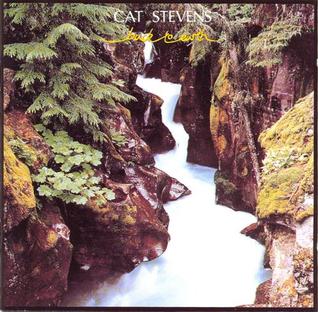
Back to Earth is the eleventh studio album released by the British singer/songwriter Cat Stevens. It is the only album he recorded using the name Cat Stevens after his conversion to Islam until the release in September 2017 of The Laughing Apple, his fifteenth studio album. It was also the last album of contemporary Western music that he recorded until An Other Cup, 28 years later.

Let's Make Up And Be Friendly is the fifth studio album by the Bonzo Dog Band and their last album until 2007. The group had already disbanded when United Artists Records informed band members that the group owed the label one more album. This 1972 farewell album was the result, recorded at The Manor Studio in November 1971, while the building itself was still in the process of being converted to accommodate the recording studio that was being built.
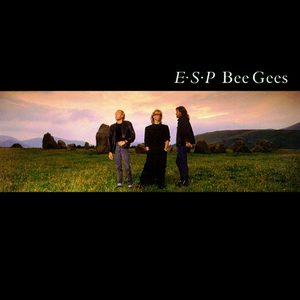
E.S.P. is the seventeenth studio album by the Bee Gees released in 1987. It was the band's first studio album in six years, and their first release under their new contract with Warner Bros. It marked the first time in twelve years the band had worked with producer Arif Mardin, and was their first album to be recorded digitally. After the band's popularity had waned following the infamous Disco Demolition Night of 1979, the Gibb brothers had spent much of the early 1980s writing and producing songs for other artists, as well as pursuing solo projects, and E.S.P. was very much a comeback to prominence. The album sold well in Europe, reaching No. 5 in the UK, No. 2 in Norway and Austria, and No. 1 in Germany and Switzerland, though it failed to chart higher than No. 96 in the US. The album's first single, "You Win Again", reached No. 1 in the UK, Ireland, Switzerland, Germany, Austria and Norway.

Vocalese is the ninth studio album by Jazz band The Manhattan Transfer, released on September 3, 1985 on Atlantic Records. Recording sessions took place during 1985. Production came from Tim Hauser and Martin Fischer. This album is considered to be The Manhattan Transfer's most critically acclaimed album. It received 12 Grammy nominations, making it second only to Michael Jackson's Thriller as the most nominated individual album. It also received extremely high ratings from music critics, including a 4.5 out of 5 stars rating from Allmusic. The album peaked at number 2 on the Top Jazz Albums and number 74 on the Billboard 200. The album's title Vocalese refers to a style of music that sets lyrics to previously recorded jazz instrumental pieces. The vocals then reproduce the sound and feel of the original instrumentation. Jon Hendricks, proficient in this art, composed all of the lyrics for this album.

Neil Young Archives Vol. 1: 1963–1972 is the first in a planned series of box sets of archival material by Canadian-American musician Neil Young. It was released on June 2, 2009, in three different formats - a set of 10 Blu-ray discs in order to present high-resolution audio as well as accompanying visual documentation, a set of 10 DVDs, and a more basic 8-CD set. Covering Young's early years with The Squires and Buffalo Springfield, it also includes various demos, outtakes and alternate versions of songs from his albums Neil Young, Everybody Knows This Is Nowhere, After the Gold Rush, and Harvest, as well as tracks he recorded with Crazy Horse and Crosby, Stills, Nash & Young during this time. Also included in the set are several live discs, as well as a copy of the long out-of-print film Journey Through the Past, directed by Young in the early 1970s.

Playin' Up a Storm is the second studio album by the Gregg Allman Band, released in 1977 on Capricorn Records. It peaked at number 42 on the Billboard 200.

The Bonzo Dog Doo-Dah Band was created by a group of British art-school students in the 1960s. Combining elements of music hall, trad jazz and psychedelia with surreal humour and avant-garde art, the Bonzos came to public attention through appearances in the Beatles' 1967 film Magical Mystery Tour and the 1968 ITV comedy show Do Not Adjust Your Set.

Headed for the Future is the seventeenth studio album by Neil Diamond, released in March 1986 on Columbia Records. The album went to number 20 on the US Billboard 200. Headed for the Future has also been certified Gold in the US by the RIAA.
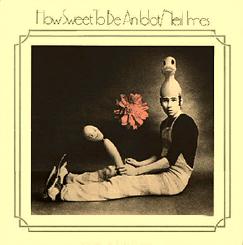
How Sweet to Be an Idiot is the first solo album by Neil Innes, formerly of the Bonzo Dog Doo-Dah Band, and was released in 1973.
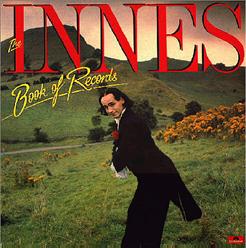
The Innes Book of Records is the third solo album by Neil Innes and was released in 1979 to accompany the BBC television series of the same name. The audio recordings on the album are not the same as those used as the audio track for the television series, some of the arrangements being markedly different.
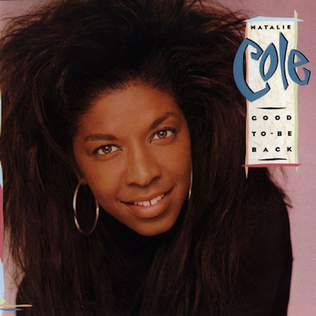
Good to Be Back is the twelfth studio album by American singer Natalie Cole. Released in May 1989 by EMI USA, it contains the hit singles "Miss You Like Crazy" and "I Do".

Off The Record is the fourth solo album by Neil Innes and was released in 1982 featuring songs from the second and third BBC television series of The Innes Book of Records.
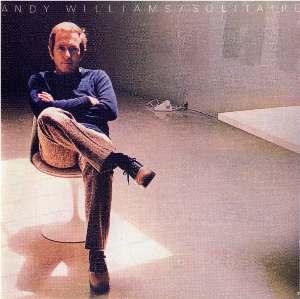
Solitaire is the thirty-first studio album by American pop singer Andy Williams, released in the fall of 1973 by Columbia Records and was an attempt to move away from his formulaic series of recent releases that relied heavily on songs that other artists had made popular.
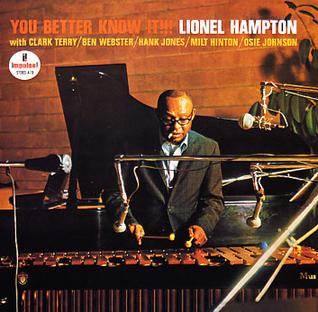
You Better Know It!!! is an album by American jazz vibraphonist Lionel Hampton featuring performances recorded in 1964 for the Impulse! label.
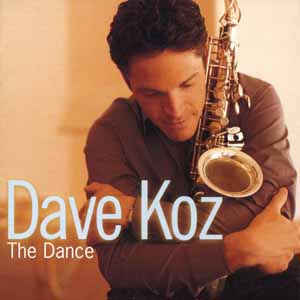
The Dance is the fifth studio album by American smooth jazz saxophonist Dave Koz. It was released by Capitol Records on September 28, 1999. The album peaked at number 2 on the Billboard Top Contemporary Jazz Albums chart. The album sold more than 500,000 copies and was certified gold by the Recording Industry Association of America (RIAA).

In the Key of Disney is the ninth studio album by Brian Wilson, released on October 25, 2011, by Walt Disney Records as part of the Disney Pearl Series. The album is the second release by Disney for Wilson, after Brian Wilson Reimagines Gershwin. Disney calls it "the album that marries the vision of two men who shaped the image of modern California – Brian Wilson & Walt Disney."
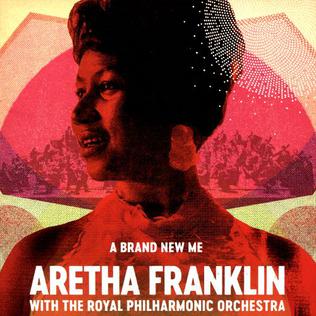
A Brand New Me is a compilation album by American recording artist Aretha Franklin. It was released on November 10, 2017, by Rhino Records and Atlantic Records. The album features archival vocal performances that Franklin recorded for Atlantic Records accompanied by new orchestral arrangements by the Royal Philharmonic Orchestra and newly recorded backing vocals, in addition to the original (archived) background vocal and instrumental accompaniments. Producer Nick Patrick said of the album: "There is a reason that Aretha Franklin is called the 'Queen of Soul.' There is nothing more exciting than that incredible voice taking you on an emotional roller coaster ride through her amazing repertoire of songs. To have the opportunity to work with that voice on this project has been the greatest honor and to hear a symphony orchestra wrapped around those performances is breathtaking." Franklin died in August 2018, nine months after the album's release.




















